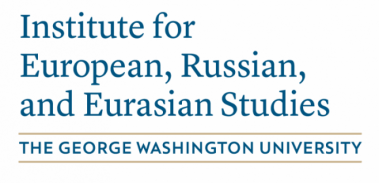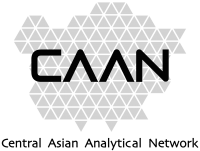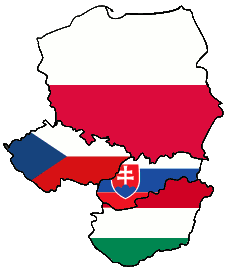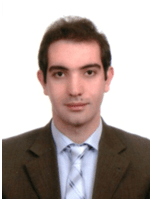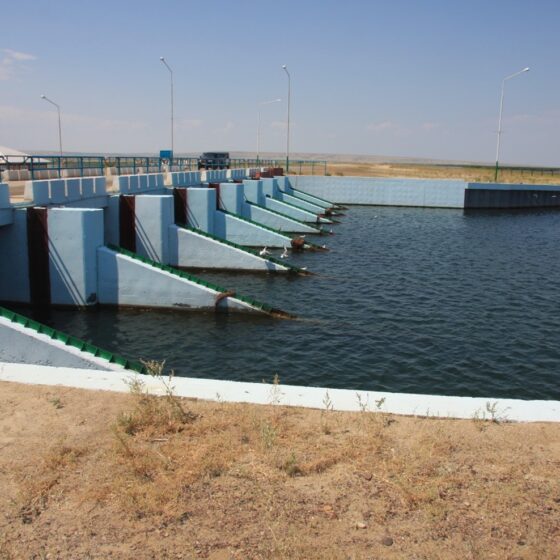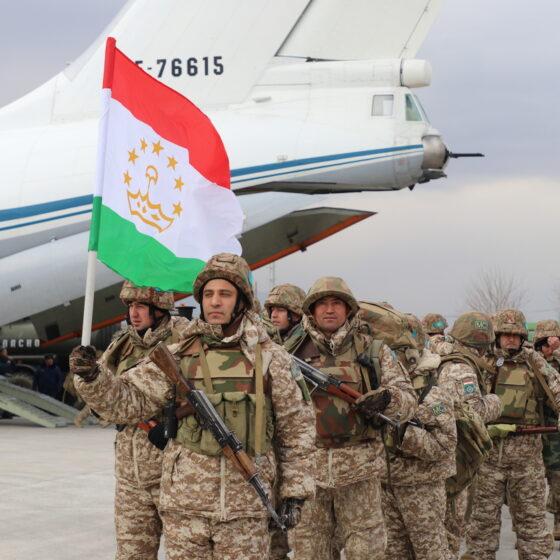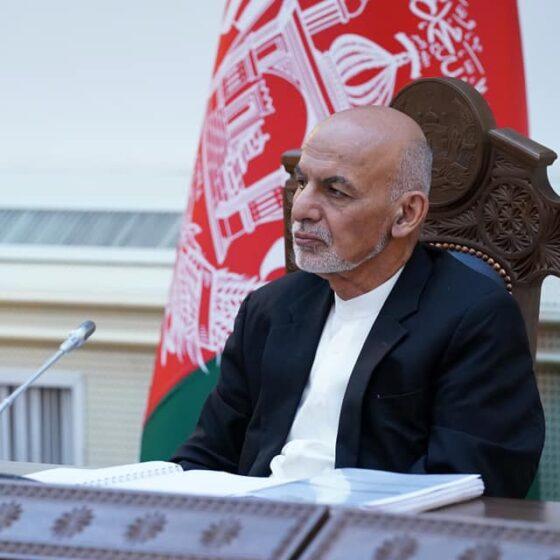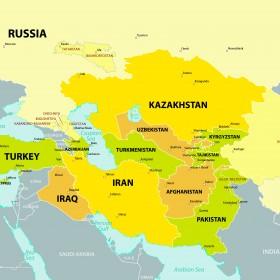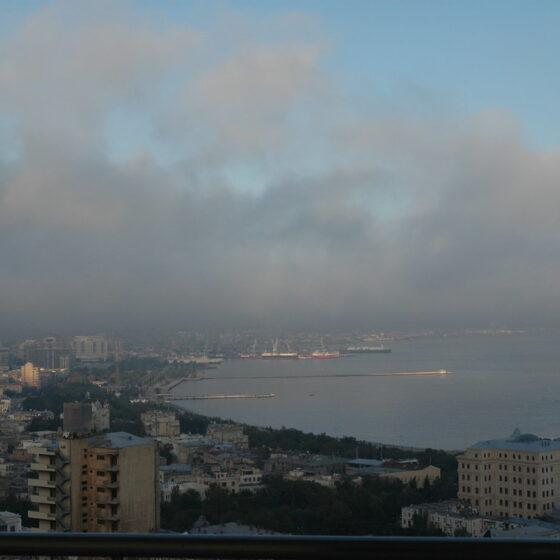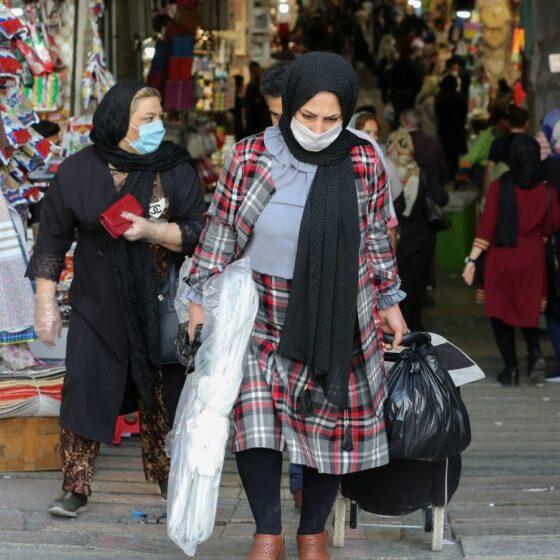Региональная аналитическая сеть Центральной Азии с большим удовольствием объявляет первого победителя конкурса экспертных работ среди молодых исследователей Центральной Азии – Юрия Саруханяна (Ташкент) и поздравляет его с публикацией в рамках серии Форума –«Межгосударственные отношения в Центральной Азии: может ли Вышеградская модель стать основой сотрудничества в регионе?»
Юрий Саруханян родился в Ташкенте. Является выпускником факультета “Международные отношения” Университета мировой экономики и дипломатии. В 2012-2013 гг. учился в магистратуре Института высших европейских исследований в Страсбурге по специальности «История международных отношений и региональных интеграционных процессов». В настоящее время является студентом магистерской программы Лионского университета «AlterEurope» в Университете Жана Монэ в Сент-Этьене. Основными сферами исследований являются Европа и Европейский союз, Центральная Азия, региональные интеграционные процессы, геополитические особенности Европы и Центральной Азии и проблемы международной и региональной безопасности.
В своей работе Юрий пишет, что, так как глубокие интеграционные процессы между странами ЦА представляются маловероятными в среднесрочной перспективе, не стоит применять к региону европейскую модель интеграции. В то же время, государства Центральной Азии должны стремиться к выстраиванию прагматичных и прочных отношений между собой и сближению позиций по основным проблемам межгосударственных отношений, региональным и международным вопросам. В данной связи наиболее подходящим выглядит опыт Вышеградской группы (Польша, Чехия, Словакия и Венгрия).
Central Asian Analytical Network (CAAN) is pleased to announce the winner of the paper competition among young researchers in Central Asia – Mr. Yuriy Sarukhanian (Tashkent). His paper Inter-state Relations in Central Asia: Can the Visegrad Group Serve as a Model for Cooperation in the Region? is the first publication in the Forum of Young Central Asian Experts’ series.
Yuriy Sarukhanian was born in Tashkent. He is a graduate of the International Relations Department of the Tashkent University of World Economy and Diplomacy. In 2012-2013, he studied at the Master’s Program of the Institut des hautes études européennes in Strasbourg, with a focus in the history of international relations and regional integration processes. He is currently a student at the University of Lyon master’s program AlterEurope at the University of Jean Monnet in Saint-Etienne. The main areas of his research are Europe and the European Union, Central Asia, regional integration processes, geopolitics in Europe and Central Asia, and the problems of international and regional security.
In his paper, Yuriy argues that as long as the Central Asia countries are unable to achieve deep integration between themselves, at least in the medium term, the region is a not an ideal place for application of the European model of integration. At the same time, the Central Asian countries should seek to build pragmatic and strong relationships with each other and coordinate their positions on the main issues of bilateral relations, regional and international issues. In this context, they should learn more from the experience of the Visegrad Group (Poland, Czech Republic, Slovakia, and Hungary).
